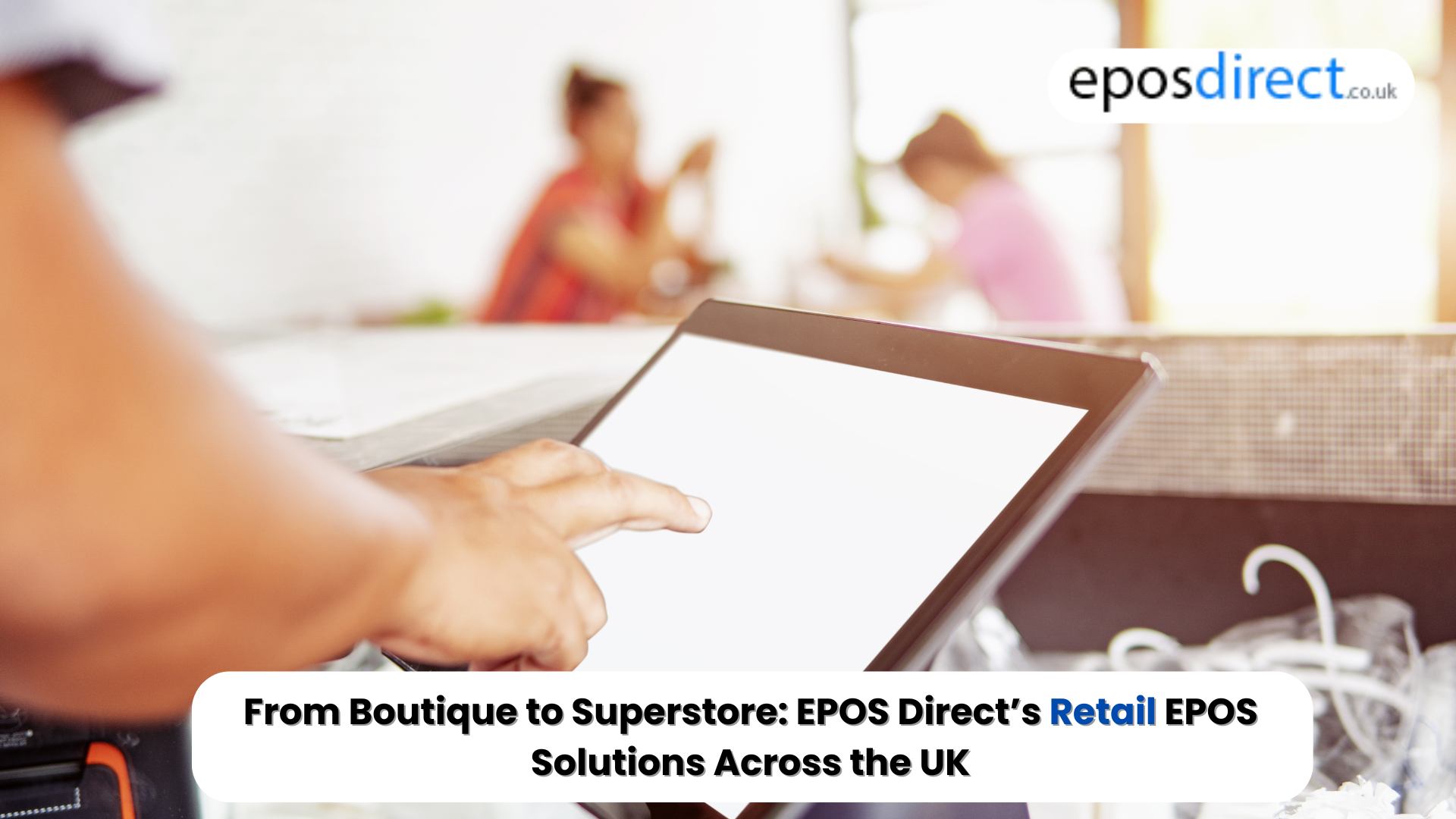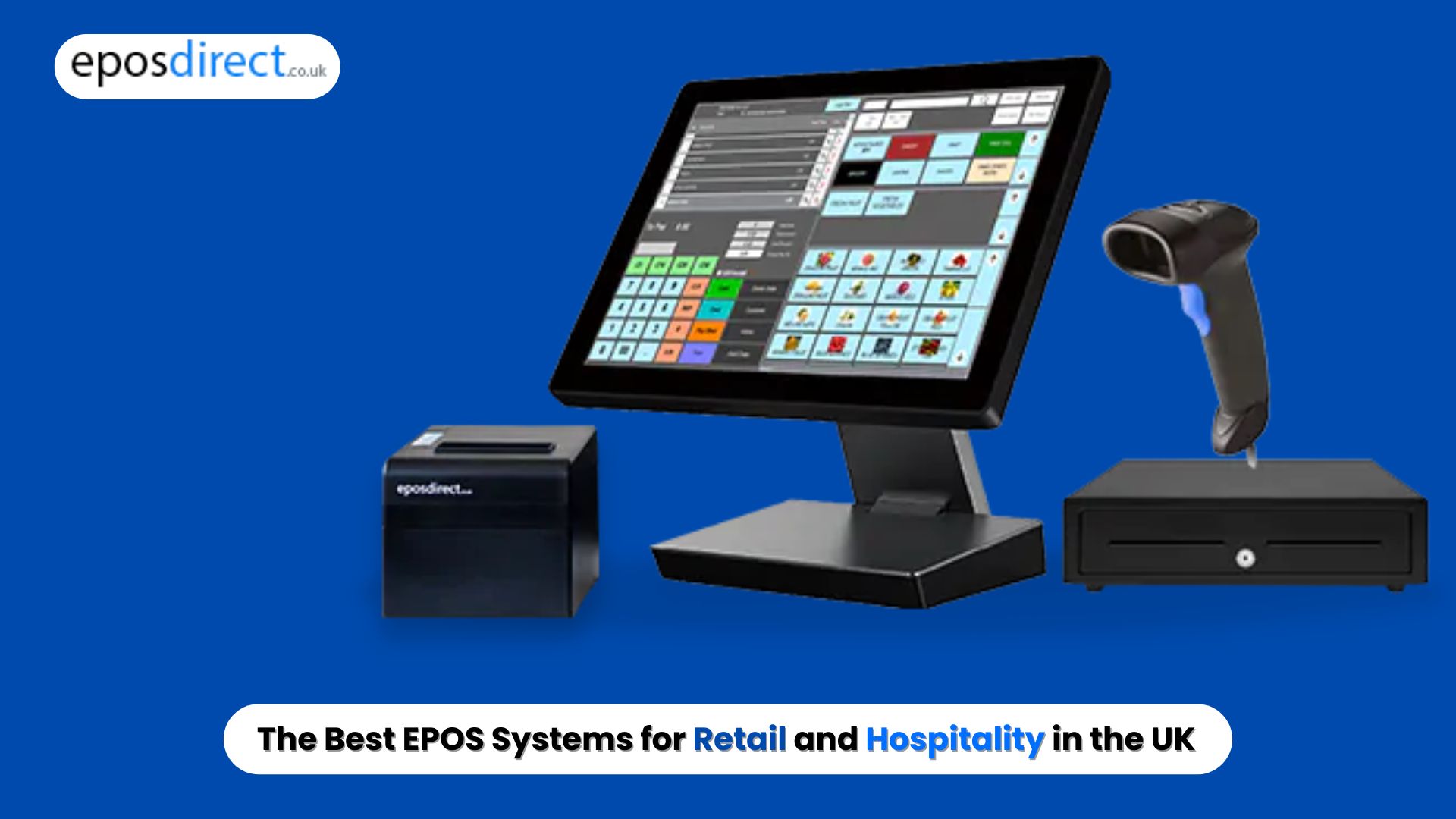We use cookies to make your experience better.
To comply with the new e-Privacy directive, you agree to the privacy policy and our use of cookies
Shortcomings of Having Single-Purpose POS Software
The most prevalent business software for retail and hospitality would be cloud-based point of sale systems that typically run on iPads, tablets and web browsers.
These new EPOS systems far outperform conventional legacy POS setups, and in real time are capable of managing multiple till systems. They apply bespoke promotions and generating in-depth reporting.
These POS applications became popular in the year 2010 and were the first in a new generation of software. As the technology moved quickly, some of the apps have hard time keeping up.
Business owners are now realizing the limitations of software as many mPOS systems are limited to only one business function.
Say No to Integration
A business is a combination of many parts both front end and back end and require systems to manage and control properly.
Single purpose software like POS is only able to run point of sale.
As business is made up of many parts and therefore require several pieces of software which is forcing business owners to integrate several pieces of software alongside their existing EPOS.
Integrating multiple systems which aren’t typically designed for such purposes forces them to exchange information can cause issues related to data security, system speed and general reliability.
Multiple Support Centres
Who’s fault when software integration breaks down?
Perhaps when an app updates to a newer version, when their development team added a new feature or made a slight change to the way data is stored on their database, and it results in a breakdown.
It may happen frequently and it’s the user who suffers. Who do you call to solve the issue?
If the integration is done with various pieces of software, you had to call each of them to find the issue.
Multiple Cost Outlays
Compared to traditional POS setups and even some of the newer cloud based options, mPOS solution is far more cost effective.
There are no large upfront costs, instead transforming devices most people already own such as tablets or iPads, into powerful business tools, able to process transactions, create invoices and manage a business accounting.
Scaling up or down is made simpler, as business owners can add or remove devices as and when required.
When compared with mobile POS systems the old legacy systems are generally quite rudimentary in terms of functionality. They usually come with an out dated method of support, whereby a technician would physically go to a store to annually fix any problems. Now-a-days issues are solved remotely with the help of cloud based software.
Meeting Your Needs
Mobile POS system is the next generation EPOS Systems for retail and hospitality with dedicated pages that can manage various parts of business operations.








